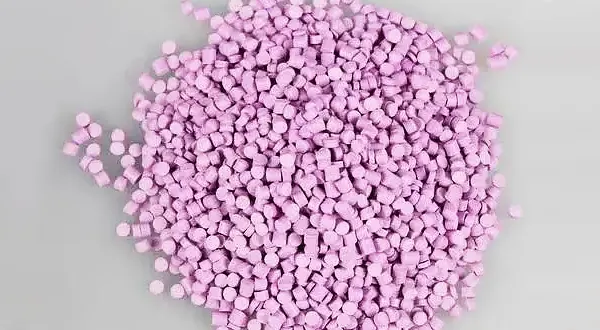Everett
Plastic injection molding for Everett, Washington
Receive top-tier engineering services from a seasoned manufacturer with a track record of professionalism and excellence.
Custom Parts, On Demand Manufacturing
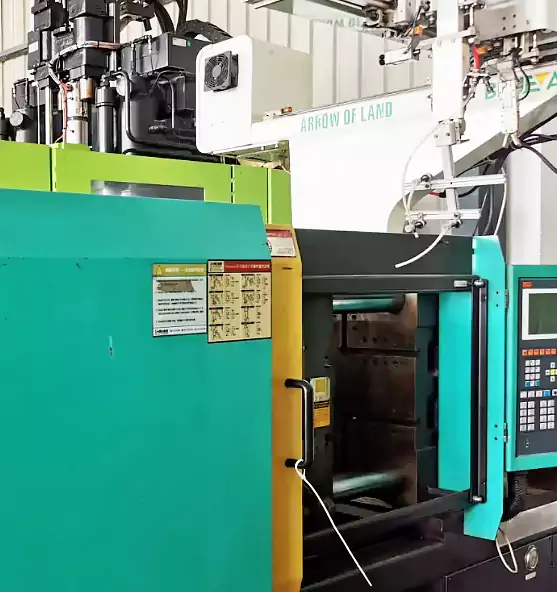
Explore our premier Plastic injection molding services in Everett, Washington
specializing in plastic prototypes and production parts.
Welcome to CapableMachining, your premier destination for top-quality plastic injection molding services. With years of experience and expertise in the industry, we take pride in offering a wide range of services to meet the unique needs of our customers.
Our state-of-the-art facility is equipped with the latest technology and machinery to ensure precision and efficiency in every project. Whether you’re in need of prototyping, production runs, or custom molding solutions, our team of skilled professionals is dedicated to delivering exceptional results every time.
At CapableMachining, customer satisfaction is our top priority. We work closely with our clients to understand their specific requirements and provide tailored solutions that exceed expectations.
Why Choose Us?
Our ability to provide on-demand manufacturing services means not only having strong manufacturing capabilities but also services that can produce complex end-use parts quickly, efficiently, and intelligently.
Our services
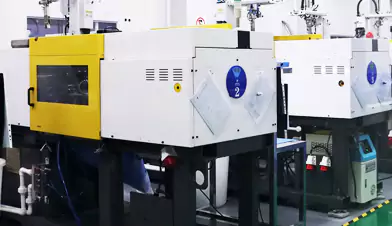
Injection molding stands as the predominant approach for mass-producing plastic goods. This method involves melting plastic, injecting it into molds, ejecting the finalized product, and then repeating the cycle.
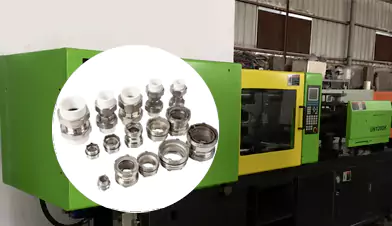
Insert molding proves to be a highly practical injection molding technique that enhances the strength or other properties of the final part by integrating additional materials.
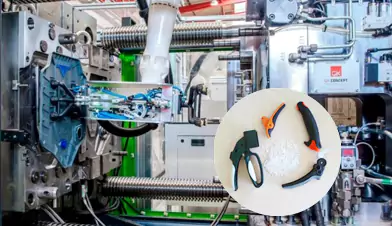
Overmolding is a process where various materials are layered to create a composite article. Typically, this method entails injecting a base material over one or more pre-existing parts to integrate them into a unified whole.
Other services
Capabilities
Tolerances
Heavily depending on the plastic type and the size of the part, typically +/- 0.15mm or +/-0.006 inch
Mold Life Cycle
Typically 300,000, and 600,000 if required.
Leading Time
Typically: tooling 30 days, injection molding 3 days
Injection Material
Most of the thermal plastic, ABS, HDPE, PE, PC, PMMA, PA6, PA66, POM, PBT, PET, PVC TPU, TPE, Silicone Rubber… Learn More >
Materials
Determining the right material is necessary, not only for factors such as cost, processing complexity, and potential surface treatments but also for the ultimate quality of the product. Our fifted engineering team specializes in proactively addressing this challenge, even before an order is placed. This process establishes that our customers have the unwavering faith in the final quality of their products.
Rigid Materials
Hard plastic materials are defined as materials that signify primarily no elastic deformation and no complete plastic deformation. Wemaintain long-term cooperation with quality suppliers, which enables us to provide quality assurance to our customers as well as to address various distinct necessitiesof our customers.
Our Quality Control
Our company boasts a solidifed quality assurance framework and a team of seasoned technical engineers who diligently oversee every aspect of our product manufacturing process – from procuring premium raw components to delivering impeccable finished goods that encompass metals and plastics. To sustain our devotion to greatness, we extensively utilize state-of-the-art testing technology and cutting-edge equipment to meticulously evaluate crucial parameters such as workpiece dimensions, hardness, tensile strength, and elongation at every stage of production. We endeavor for maintain utmost control over these data points to meet and surpass the expectations of our esteemed clientele consistently.

Professional quality control Engineer

Tolerances up to ±0.0004″ (0.01mm)

State-of-the-art Inspection Facilities

Proven and reliable quality control system.
Gallery of Parts

Charging Plug
Material: ABS

Industry equipment part
Material: PEEK

Telecom equipment part
Material: PA66

Auto bumper
Material: ABS

UAV blades
Material: PPA + 30 Carbon Fiber

Medical container
Material: PE
Other capabilities

- Free & Automatic DFM feedback
- Tolerances: typically +/- 0.15mm or +/-0.006 inch
- Tooling: 30 days

- Free advices from high trained engineers.
- Quotation in a few hours.leading time 3 days
- Fast delivery time

- Tolerances: typically +/- 0.15mm or +/-0.006 inch
- Free consultant ,Free DFM feedback
- Casting lead time: 5~7 days

- Wide range of material choices
- Free consultant from engineers
- Fastest leading time: 1 day

- Free & Automatic DFM feedback
- Tolerances up to ±0.00078″ (0.02mm)
- Rapid tooling: 7~12 days
How do find our location?
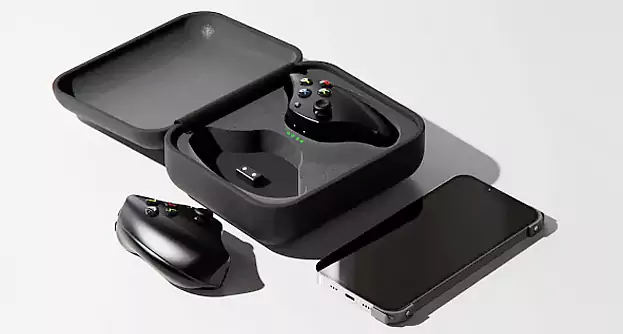
Other Location Near me
FAQ
Introduction
Plastic injection molding is a widely used manufacturing process that involves injecting molten plastic material into a mold cavity. In Everett, this process is essential for producing a wide range of plastic products. To better understand the intricacies of plastic injection molding in Everett, here are 10 pairs of questions and answers that provide valuable insights into this industry.
Q: What is plastic injection molding?
A: Plastic injection molding is a manufacturing process that involves heating plastic resin to a molten state and injecting it into a mold cavity. Once the plastic cools and solidifies, the mold is opened to reveal the final product.
Q: What are the advantages of plastic injection molding?
A: Plastic injection molding offers high production efficiency, cost-effectiveness, and the ability to create complex shapes and intricate details. It also allows for the production of large quantities of identical parts.
Q: How is quality control maintained in plastic injection molding?
A: Quality control in plastic injection molding involves rigorous testing and inspection processes at every stage of production. This ensures that each part meets the required specifications and quality standards.
Q: What materials can be used in plastic injection molding?
A: A wide range of thermoplastics, thermosets, and elastomers can be used in plastic injection molding to meet specific requirements for strength, flexibility, and durability.
Q: How is waste minimized in plastic injection molding?
A: Waste in plastic injection molding is minimized by optimizing the design of the mold, reusing scrap material, and implementing efficient production processes that reduce the amount of material used.
Q: What are the applications of plastic injection molding in Everett?
A: Plastic injection molding in Everett is used in various industries, including automotive, aerospace, electronics, medical devices, and consumer goods, to produce a wide range of products such as components, housings, and packaging.
Q: What is the role of technology in plastic injection molding?
A: Technology plays a crucial role in plastic injection molding by enabling precise control of temperature, pressure, and cycle times. Advanced software and automation systems also enhance production efficiency and accuracy.
Q: How is customization achieved in plastic injection molding?
A: Customization in plastic injection molding is achieved through the design of the mold, selection of materials, and fine-tuning of the production process to meet specific requirements for size, shape, color, and finish.
Q: What are the environmental impacts of plastic injection molding in Everett?
A: Plastic injection molding in Everett has environmental impacts related to energy consumption, waste generation, and emissions. To mitigate these impacts, manufacturers are adopting sustainable practices such as recycling, waste reduction, and energy-efficient processes.
Conclusion
Plastic injection molding plays a vital role in the manufacturing industry in Everett, providing efficient and cost-effective solutions for producing a wide range of plastic products. By understanding the nuances of this process through these 10 pairs of questions and answers, we gain valuable insights into the complexities and benefits of plastic injection molding. As technology advances and environmental concerns grow, the industry continues to evolve, embracing new tools and practices to meet the demands of a changing world.


